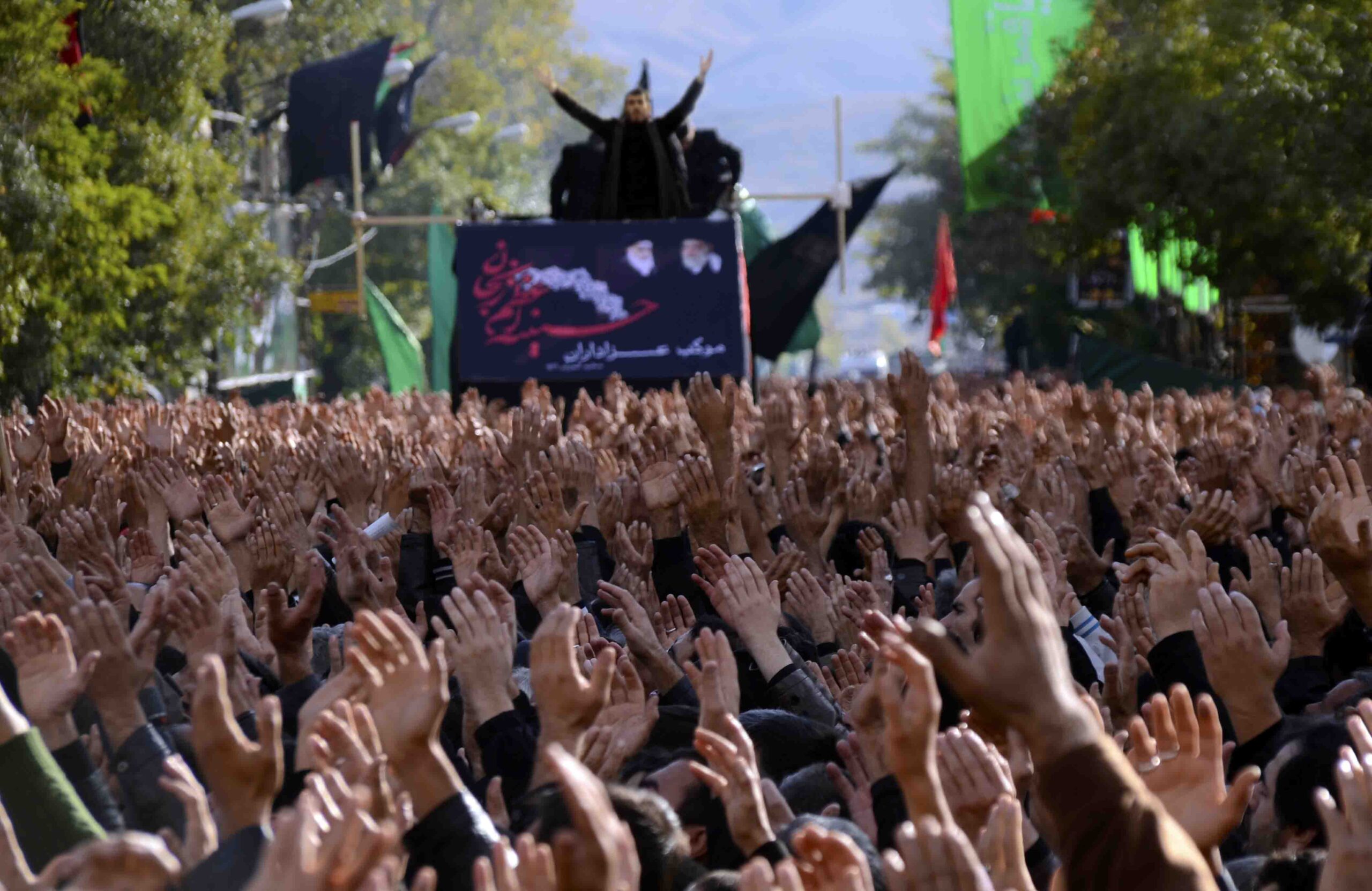We should get ready for the arrival of Muharram as well as learn what to do and not to do in Muharram. just as a devoted Muslim anticipates any opportunity to do good deeds and win Allah’s Good Pleasure while being mindful not to cross any lines. Some things are not allowed in Muharram month.
This is due to the fact that Muharram is one of the four months that Allah considers to be sacred.
“Verily, the number of months with Allaah is twelve (in a year): It was so ordained, by Allaah on the Day when He created the heavens and the earth; of them, four are sacred. That is the right religion, so wrong not yourselves therein…” [al-Tawbah 9:36]
The Prophet (pbuh) identified these four months as Dhul-Qa’dah, Dhul-Hijjah, Muharram, and Rajab. (Bukhaari)
Avoid sins in the Month of Muharram
Any evil deeds committed during the sacred months are WORSE than those committed during other months due to their sanctity. This is one of the most important things not allowed in Muharram or any other month in general.
“Sinning during the sacred months is more grievous and more wicked than wrongdoing at any other time,” Qutaadah declared in reference to the ayah (so wrong not yourselves therein…). Even while wrongdoing is always serious, Allah grants greater weight to the commands that He chooses. (Ibn Katheer’s Tafseer)
Do Good Deeds this Month
In a similar manner, this month offers a bigger reward for good deeds than previous months.
In the Tafseer for the ayah above, Ibn ‘Abbaas stated that doing good deeds during the four sacred months results in a larger reward. (Ibn Khateer)
Focus particularly on Fasting:
Muharram is a particular month for fasting, and the Prophet (pbuh) has strongly recommended it.
Says Abu Hurayra:
“The Messenger of Allaah (pbuh) said: ‘The best of fasting after Ramadaan is fasting Allaah’s month of Muharram.’” (Muslim).
Fasting on Ashura(10th Muharram)
Ibn ‘Abbaas said:
“The Prophet (pbuh) came to Madeenah and saw the Jews fasting on the day of ‘Ashura’. He said, ‘What is this?’ They said, ‘This is a righteous day, it is the day when Allaah saved the Children of Israel from their enemies, so Moosa fasted on this day.’ He (pbuh) said, ‘We have more right to Moosa than you,’ so he fasted on that day and commanded [the Muslims] to fast on that day.” (Bukhaari)
Allaah will forgive one’s sins from the previous year if they are fasted on the tenth of Muharram.
The 9th of Muharram is also a mustahabb day for fasting.
Because the Prophet (pbuh) fasted on the tenth day and meant to fast on the ninth, it is mustahabb to observe fasts on both the ninth and 10 days. However, it is acceptable to fast only on the tenth.
In his words:
They said, “O Messenger of Allah, it is a day that is revered by the Jews and Christians,” when the Prophet Muhammad (pbuh) directed the Muslims to observe a fast on Ashura. ” If I live to see the following year, insha’Allah, we would also fast on the ninth day”, stated the Prophet (pbuh). But as it turned out, the Prophet of Allah (pbuh) died before the next year came.
Conclusion:
Knowing what to do and not to do in Muharram is a significant part of learning about Islam and refreshing iman. Things that are not allowed in Muharram should be avoided at all costs. Instead of wailing or celebrating, we should conduct ourselves during this month like the Sahabah did. Instead, we ought to regard Muharram as one of Allah’s holy months, during which we ought to make a special effort to do good acts and watch out for transgressions. In this month, particularly on the ninth and tenth, we should endeavor to fast as much as we can. On the 10th of Muharram, we shouldn’t prepare any special meals and we shouldn’t attend any special meals that someone else asks us to.
Read more Islamic Blogs or follow us on social media for Islamic reminders.






